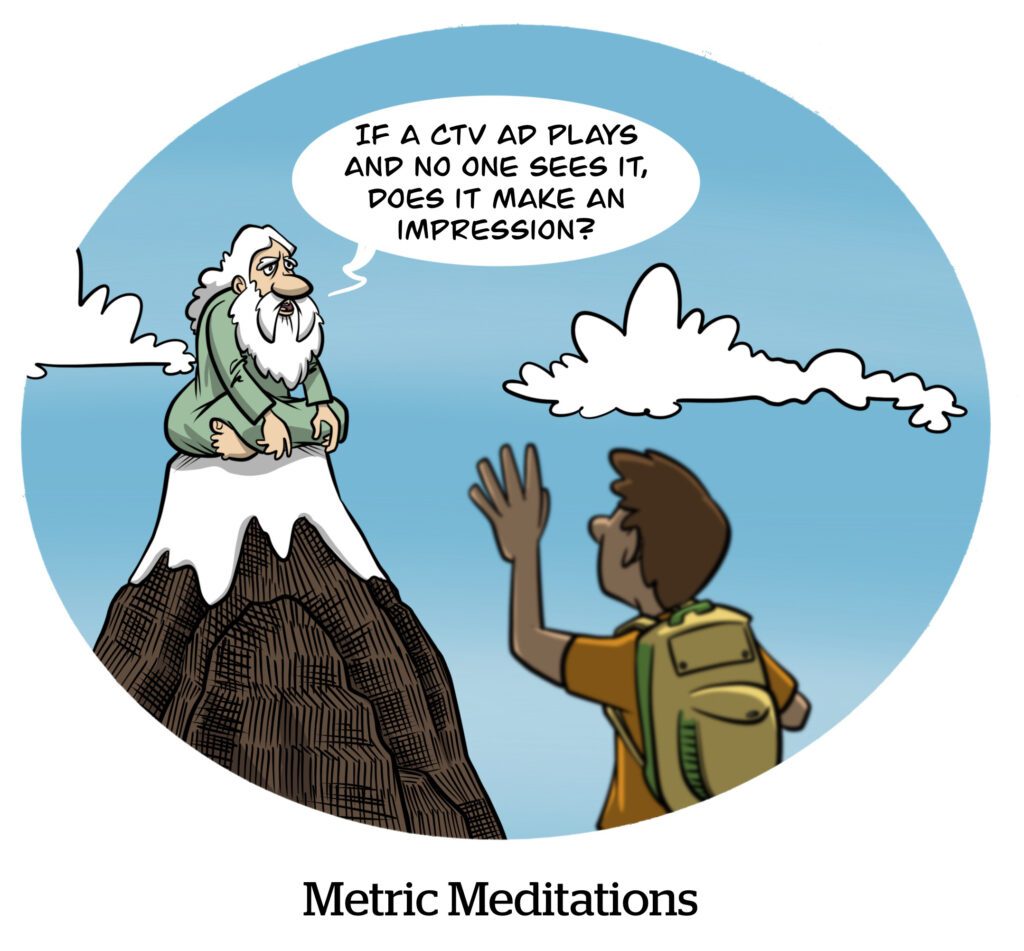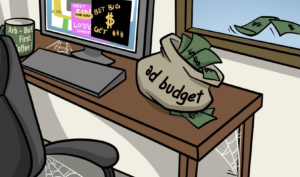Walled garden platform advertisers may not know where their ads were served or who they targeted, and have no log files to boot, but they paid for those ads all the same.
And they may have enough info to claim a refund.
That’s the idea behind the startup Vaudit, founded last year by Mike Hahn, which aims to automate the process of campaign reconciliation atop major ad platforms.
There are numerous ad fraud and brand suitability vendors in the space, Hahn told AdExchanger. “But they’re really just creating another opinion, yet another black box or point of view on the truth.”
Vaudit has raised a total of $9 million in seed funding, Hahn said. The lead investor, Omar Hamoui, founded AdMob, which was later acquired by Google, and is joined by Binh Tran, a co-founder of the social ratings and analytics company Klout.
How it works
Vaudit’s advertiser clients, primarily large enterprise brands, including Panasonic, BMW and RE/MAX, integrate Vaudit with their own ad systems, such as MMPs and campaign analytics. Vaudit can parse their clients’ ads served via platforms like Google and Meta.
Vaudit isn’t necessarily looking for fraudulent or unsuitable placements. Often, an advertiser might have stipulations that the campaign target only certain audiences, device types, creative formats, geographical regions or even particular times of day. Google’s and Meta’s platform terms give them a 5% threshold, but above that the advertiser can claim a refund if those contractual parameters aren’t met, even if the ad placement and media were perfectly sound.
Another opportunity for refunds could be an unserved ad or a “zero-second visit,” which means the page didn’t load or the user immediately closed the tab. Vaudit integrates with Google Analytics for these audits.
Mobile advertisers with major MMP integrations are particularly strong use cases for Vaudit, according to Hahn. With an MMP like Branch or AppsFlyer, there are “guardrails” that actually prevent the advertiser from being billed to start.
Unlike the usual monthly reconciliation process, when Vaudit and the MMP identify an ad served that doesn’t meet the campaign or platform standards, the payment issue can be avoided altogether.
AdExchanger Daily
Get our editors’ roundup delivered to your inbox every weekday.
Daily Roundup
Still, about a fifth of ads served are too deep in their respective black box to be reverse-engineered by the company, Hahn said. There is simply no way to identify where or how the ad served.
But Vaudit can help inform the advertiser on what type of inventory or campaign parameters led to types of ad placements that cannot be audited, hopefully to minimize those occurrences next time. But there’s no way to contractually demand an ad refund.
Where the money goes
Firstly, Hahn is careful to clarify that, while people use the word “refund” colloquially, it isn’t exactly the right nomenclature for ad platform billing.
Google refers to it as “adjustments,” Meta as “credits.” But the main distinction is that advertisers don’t actually get money back.
When a campaign fails to deliver on contractual terms or the platform’s terms and conditions, the advertiser receives ad credits.
Vaudit’s business model is based on a 2% media fee, plus a unique performance guarantee that the company will triple what it generates as a fee in the form of ad credits. In other words, a Vaudit client spending $100,000 on Google ads per month would pay the auditing ad tech $2,000. However, Vaudit guarantees it will generate at least $6,000 in incremental ad credits in that scenario or it doesn’t get paid at all.
Google is a close partner, Hahn said. Meta hasn’t reached “the same level of cooperation yet,” but, he added, the platforms in general want to identify bad media sources or places where campaigns are misfiring before the payment happens.
Vaudit is also in the early stages of setting up similar products for Amazon ad audits and credits.
The big platforms each have their own idiosyncrasies when it comes to how they use and report campaign data and particular rules for what counts as a valid ad. And the platforms themselves have different levels of automation they allow for campaign reconciliation.
“It’s a lot of work to get there,” Hahn said, “but that’s what makes it an audit instead of a traffic optimization.”
















